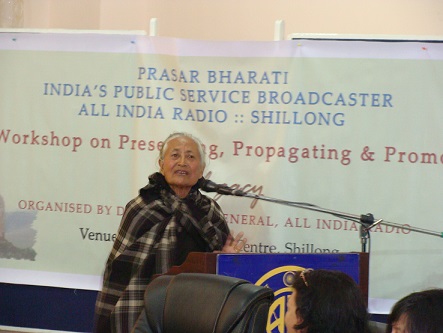
SHILLONG, NOV 17: North Eastern Hills University (NEHU) department of linguistic assistant professor Dr Saralin A Lyngdoh said that Khasi along with Anal, Angami and Ao fall under the status of vulnerability even as she informed that the Sohra (Cherrapunjee) dialect emerged as a Standard Dialect in 1841, when Thomas Jones, the Welsh missionary, transcribed it using the Roman Script.
Speaking at the All India Radio(AIR) national workshop on “Preserving, Propagating and Promoting Folk Legacy held at the state convention centre on Monday, Dr Lyngdoh said,“Since then, it has been used as a link language between the dialect speakers of the Khasi community.”
The workshop was organized to deliberate on the decision made by AIR to step in and record the folklore and ceremonial songs in their pristine purity as its project.
The project envisages recording of songs associated with different rituals folk songs, folklores and folk legends. It also aims encouraging artists to compose folk songs and music on the unique style of original folk music, probe deeper into folk legacy so that the chain of continuity is maintained by the present generation and posterity.
The workshop will enable the authorities to have an insight into the rich heritage, customs, languages, dialects prevalent among various castes, sub-castes, tribes and other communities.
Additional director general (Spoke Word) of AIR Amitabh Shukla asked the officials of AIR hailing from across the country and north eastern region including experts in language, culture and performing arts to do something very different and special to have an edge over the other social media.
Shukla informed that AIR has been given the liberty to use its creativity in making the project a grand success and to become a trend setter.
Dr Lyngdoh who presented a paper on “Languages of the North East with special reference to standard Khasi and its dialects” informed that there are three major language families in the North East like the Tibeto-Burman, Indo-Aryan, Austro-Asiatic.
Dr Lyngdoh informed that speakers of the fourth language family of India, the Dravidian are also found scattering across north east adding that the co-existence of these languages in the region defines north east as a huge area of rich cultural linguistic diversity.
Dr Lyngdoh said the inter-relationship and cultural assimilation between these linguistic and ethnic group have made the region. She also informed the tribal and minor languages have been suppressed and engulfed by more dominant and powerful and prestigious languages.
NEHU head of Khasi department Streamlet Dkhar spoke on the major dances of Meghalaya belonging to Garo, Khasi and Pnar communities. She spoke at length on Wangala dance of the Garo, Nongkren Dance and Deinkham festival.
AIR deputy director programme (Spoken Word) Somdutt Sharma explained the concept of the workshop relating to preserving, propagating, and promoting folk legacy in the country.
AIR programme heads of all regional stations of north eastern states including Jammu & Kashmir, Haryana, Andaman & Nicobar Island and Lakshadeep attended workshop.
NEHU’s Cultural and Creative Arts department former professor Dr. Hellen Giri suggested setting of a strong advisory committee for performing arts. She also informed how U Kiang Nangbah of Jaintai Hills had to lose his life for trying to protect the dying art forms.
Dr Giri lauded the workshop for the purpose of dissemination and preservation of folk legacy. She said, “There should be per iodization of the Art Form, where they have been in existence, during the pre colonial period, during colonial period, post colonial period and modern period.”
Dr Giri, however, cautioned that documentation should not be done at random and researchers should have access to all the documentation made by AIR, Shillong.- By Our Reporter
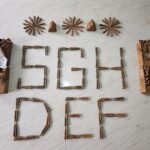
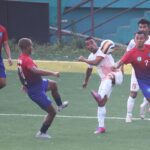


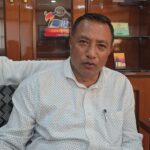


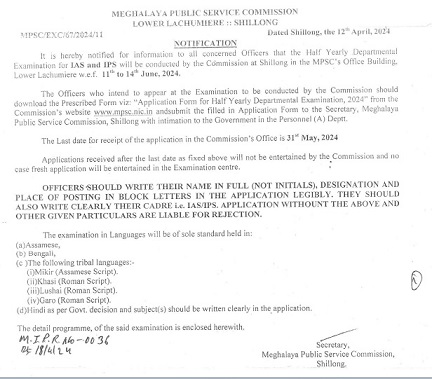

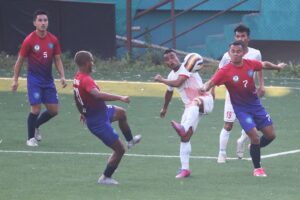


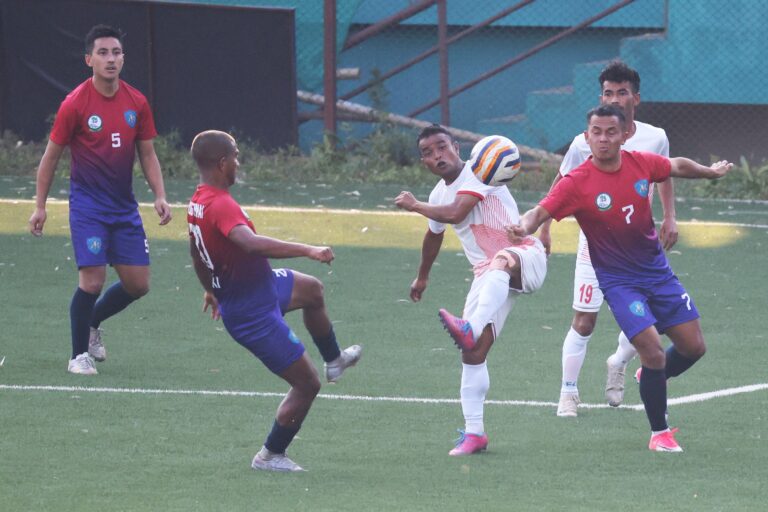

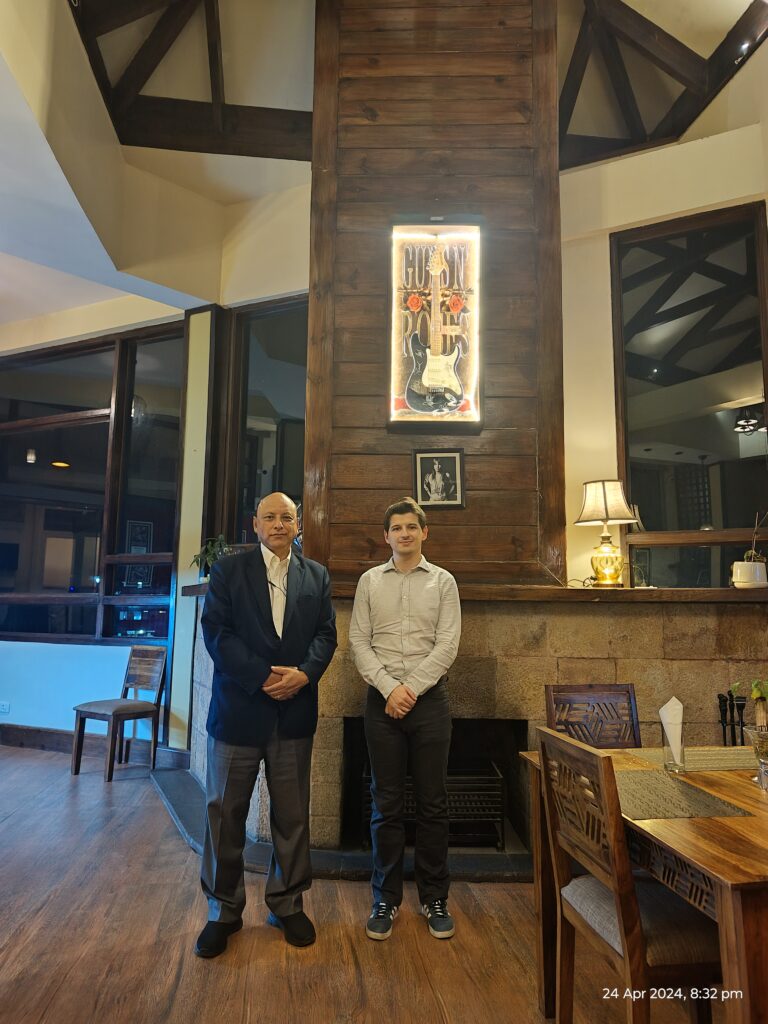
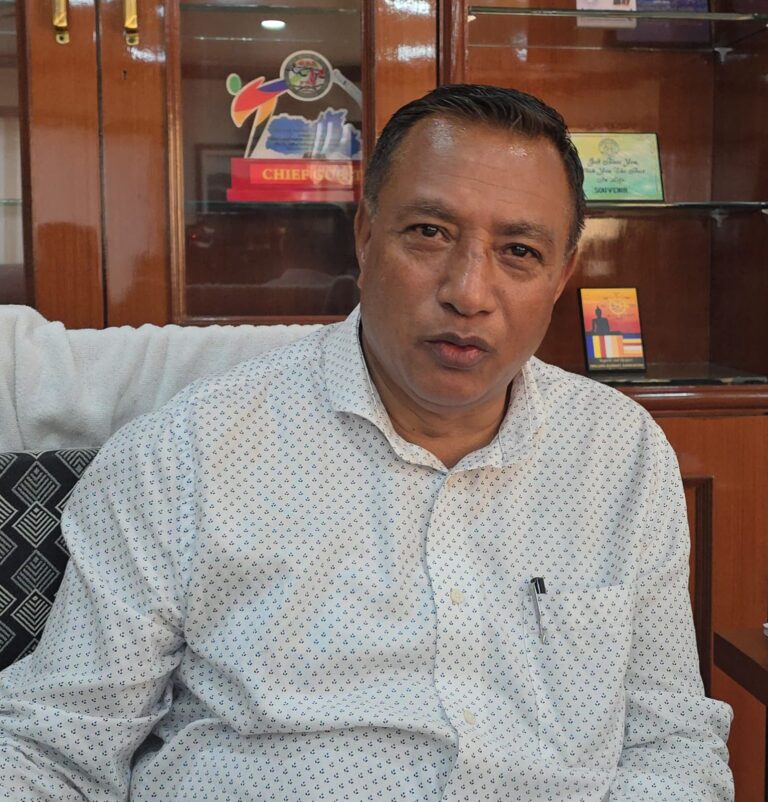
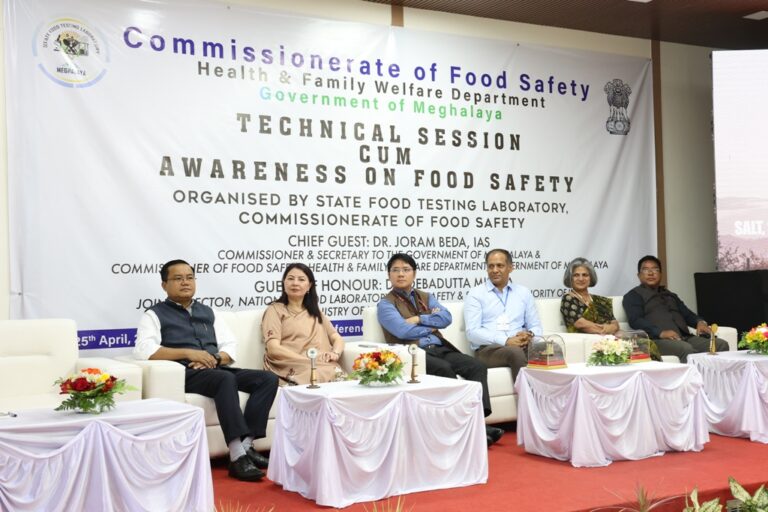
+ There are no comments
Add yours